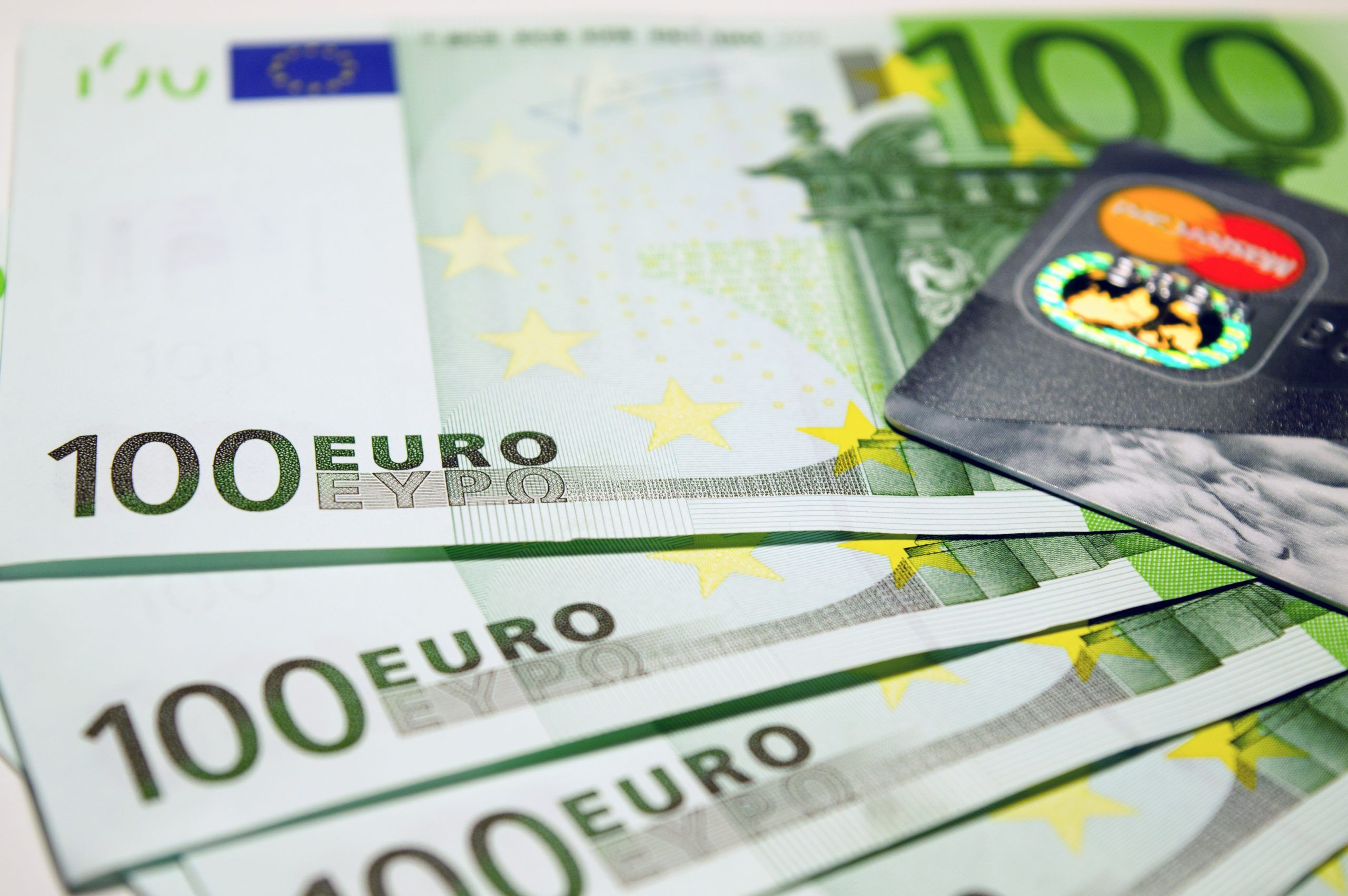You can’t benefit from EU money while flouting the bloc’s democratic values and the rule of law.
This is the message Denmark wants to send to EU countries, particularly Hungary and Poland, as it pushes to link funding to rule of law standards during negotiations for the union’s next long-term budget for 2021-2027.
The government will place “great emphasis” on a mechanism to condition funding to rule-of-law standards, suspending EU support for a country if needed. This is based on a draft of the new negotiating mandate as reported by DR.
Important priority
“Large financial sums are at stake in the budget. And that’s why it’s even more important to make it clear how great of a priority it is to us,” said the foreign minister, Jeppe Kofod.
During the Coronavirus Crisis, added Kofod, Denmark saw examples of rule of law developments going “the wrong way”.
The EU has voiced concern about Hungary’s emergency measures in the wake of the pandemic that granted sweeping powers to Prime Minister Viktor Orban. Hungary and Poland have previously been under criticism in the EU over their tightened control over the media, academics, courts and advocacy groups.
‘Emergency brake’
The mechanism the government is pushing for acts as a sort of “emergency brake” that would allow the EU Commission to halt funding if a country does not adhere to rule of law principles. Such funding could be for projects like agricultural support or research.
The rule of law issue is among those dividing the EU as Poland and Hungary reject strict conditions while wealthier, western countries want to protect the bloc’s core values.
Another thorny issue in budget negotiations is whether to provide loans or grants for Coronavirus Crisis recovery. Denmark prefers that more money be distributed as loans instead of grants.
Next week, EU leaders will discuss the pandemic recovery proposal and long-term budget in a video conference.















